While some people welcome pets in the bed, others have a strict no-paws policy. So is there a right answer when it comes to whether you should let pets sleep in your bed? Find out what an expert sleep and respiratory physician has to say on the matter.

Dr Linda Schachter, Medical Director of Sleep Services Australia, has interests in the diagnosis and treatment of all sleep disorders. Linda has a long-term research interest in the effects of obesity on sleep apnoea, lung function, and asthma and the effects of weight loss on these conditions.
She is a member of the Thoracic Society of Australia and New Zealand, Australasian Sleep Association, American Sleep Association, American Thoracic Society and the Obesity Society of Australia and New Zealand. She is also a clinical committee member of the Australian Sleep Association (ASA) and on the board of the SleepHealth Foundation.
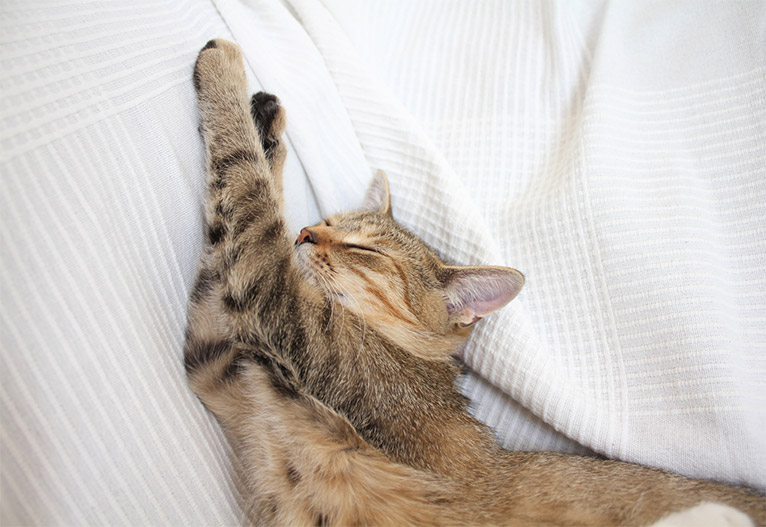
How common is it to let pets sleep in the bed?
Very common! A 2024 study revealed that almost half (48.7%) of pet owners let their pets sleep with them – an increase of over 7% from the previous year.
Most pet owners see their pets as part of the family and it can change their attitudes about what is and isn’t permissible. This can lead to a change in sleeping arrangements and more people sharing a bed with their pets.
What are the benefits of letting pets share the bed?
On the positive side, sleeping with pets can offer security and emotional comfort. These benefits are usually put down to the relationship between people and their pets offering a sense of psychological stability, comfort, intimacy and increased feelings of personal security.
Pets in bed may promote better sleep by reducing anxiety and stress promoting relaxation thereby improving sleep.
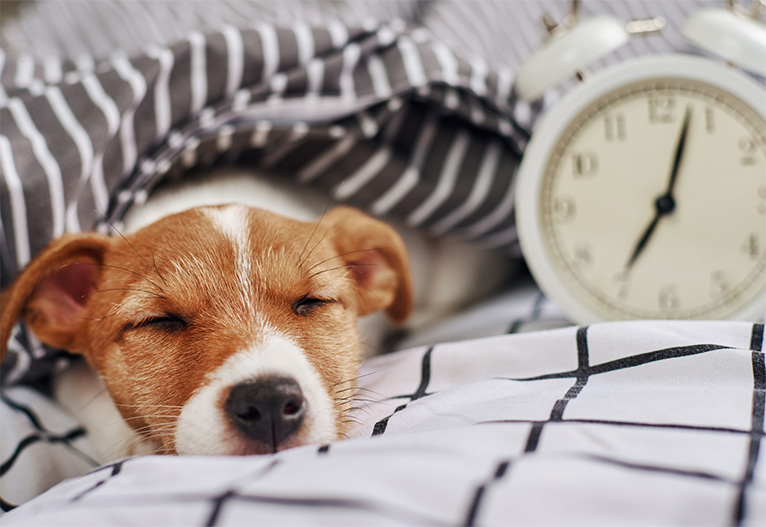
So, what’s the downside?
The potential drawbacks of co-sleeping with pets are mostly attributed to pets disturbing their owner’s sleep due to noise, temperature and movement. Allergens, fleas and transmission of pathogens are additional concerns, especially for people with compromised immune systems or respiratory issues.
Recent studies show that people who co-sleep with animals took longer to fall asleep, had poorer sleep quality and were more likely to wake up tired. This was not associated with a shorter sleep time or increased daytime tiredness, though.
The type of pet you have may also affect sleep, with dogs disrupting sleep more than cats.
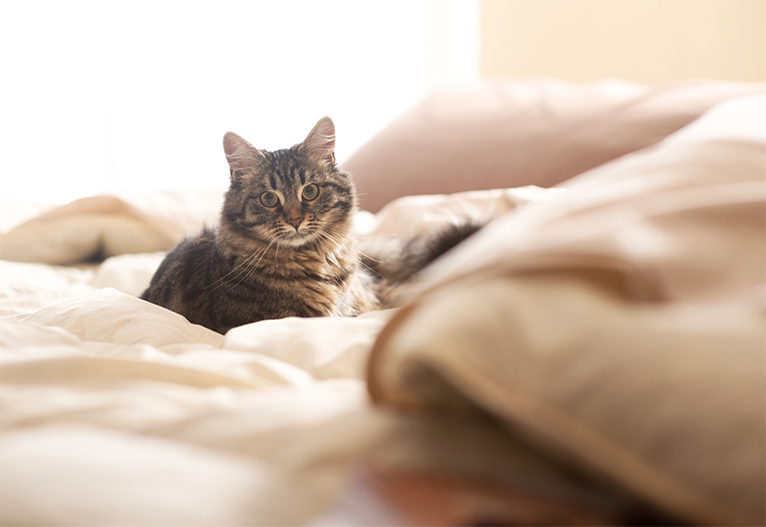
Should we let pets sleep in our beds?
Overall, recent research suggests that there is a negative overall impact on co-sleeping with pets.
But ultimately, the decision to let pets sleep in the bed comes down to personal preferences. It involves balancing the pros and cons of the situation in your household, taking into account anxieties, sleep issues and allergies.
If the decision is too hard to make, a good compromise is to let pets sleep on the bedroom floor, but not in the bed.
Do you think it’s fine to let pets sleep in beds? Leave us a comment below!


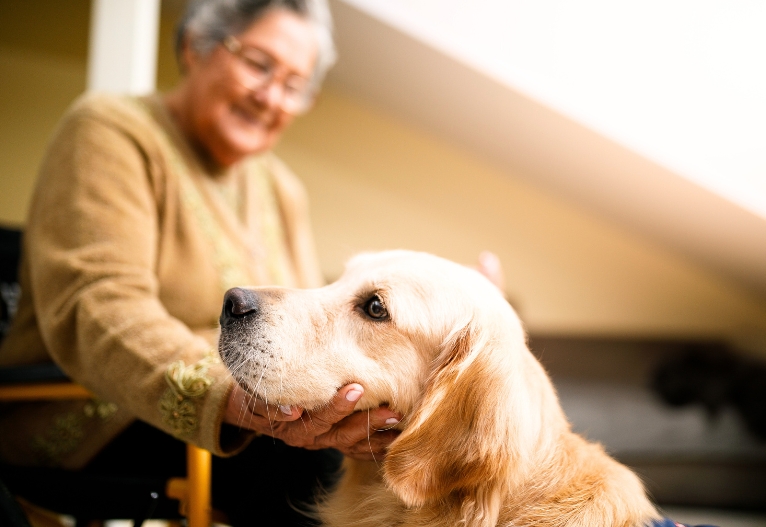


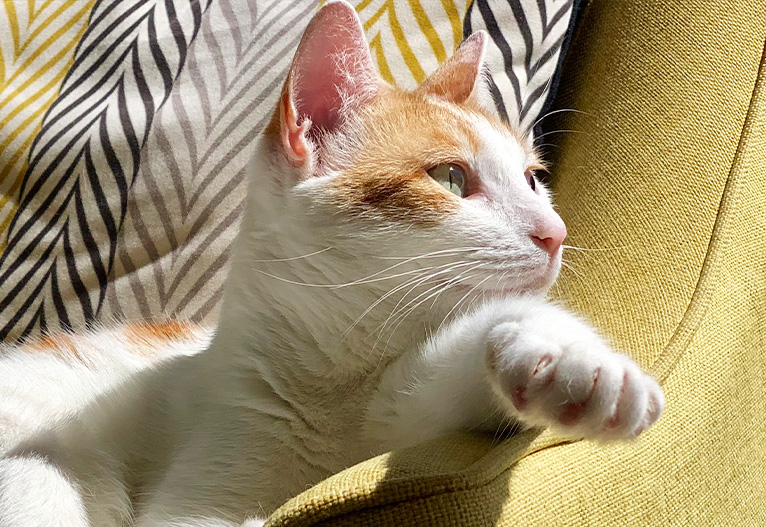


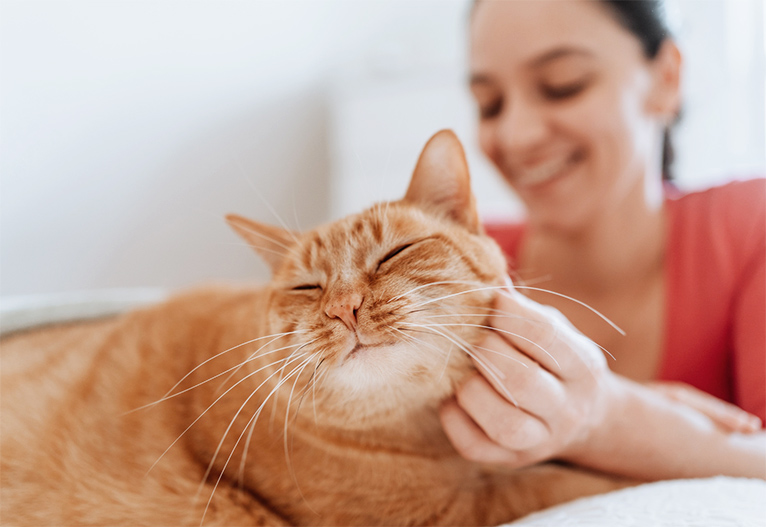
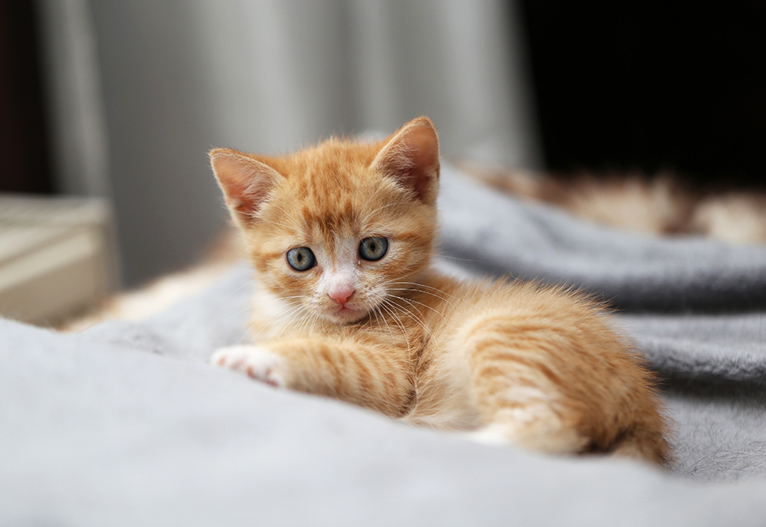



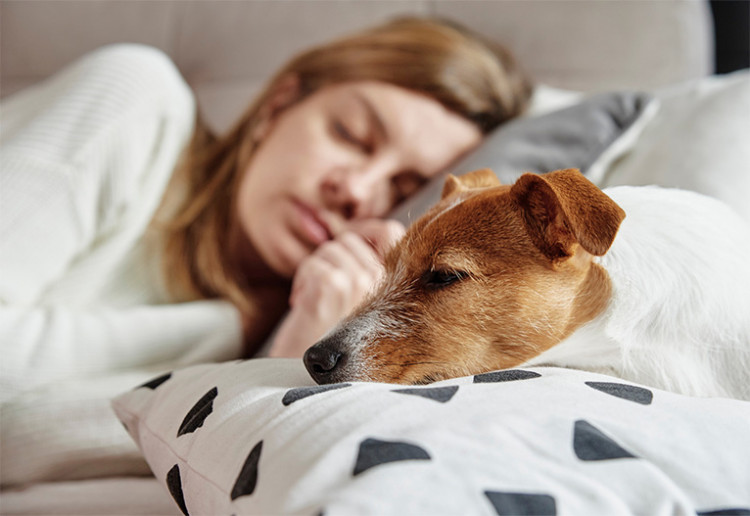
- 1
- 2
- »
Post a commentTo post a review/comment please join us or login so we can allocate your points.